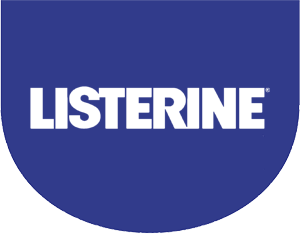The immune system: basis of so much health and disease: 6. cytokines
From Volume 44, Issue 8, September 2017 | Pages 753-761
Article
The immune system employs a wide array of soluble mediators that facilitate communication between immune cells, regulate the inflammatory response, and induce development and maturation of immune cells. Soluble mediators of the immune system are often produced by immune cells, and exert their effects through binding to specific receptors on target cells.
The main soluble mediators of the immune system are cytokines; low molecular weight secreted proteins that have a specific effect on the interactions and communications between cells. Cytokine is a general term, and the nomenclature describing different types of cytokines is sometimes confusing (Table 1).
Cytokines are produced by many cell populations, but the predominant producers are helper T-cells (Th) and macrophages. Some cytokines (eg type 1 interferons [IFN] and tumour necrosis factor [TNF]) are also produced by non-immune cells (ie epithelial cells).
It is common for different cell types to secrete the same cytokine or for a single cytokine to act on several different cell types (pleiotropy) (Figure 1). Cytokines are redundant in their activity, meaning that similar functions can be stimulated by different cytokines (Figure 2). They are often produced in a cascade, as one cytokine stimulates its target cells to make additional cytokines. Cytokines act in a network, and can also act synergistically or antagonistically (Figure 3).
Register now to continue reading
Thank you for visiting Dental Update and reading some of our resources. To read more, please register today. You’ll enjoy the following great benefits:
What's included
- Up to 2 free articles per month
- New content available

